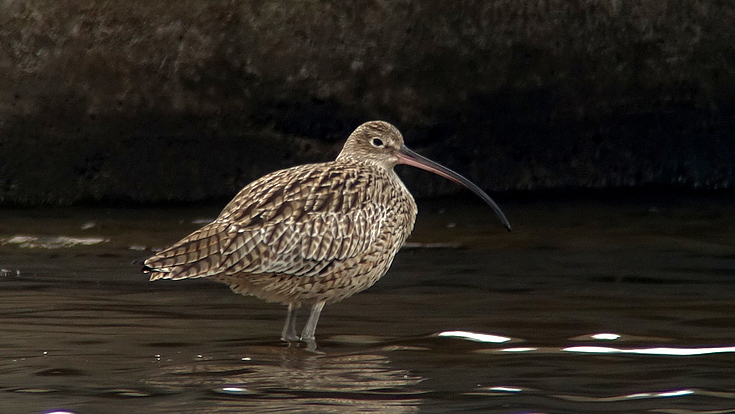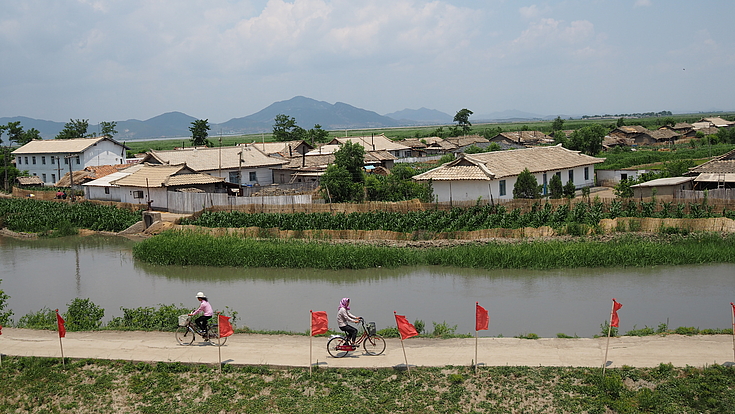Activity
Biodiversity of DPR Korea – The importance of the conversion of regional biodiversity for global climate cooperation efforts

Despite the country's increased isolation since the Covid 19 pandemic, what can be noted positively still in 2023 is the continued efforts to protect birds and their essential habitats. One of the most positive developments in the project to bring DPRK to cooperation in the field of conservation is the regular count and sharing of data in the Asian Waterbird Census, which is collected annually by Wetlands International. Since 2019, DPRK has shared the data for the Asian Waterbird Census with Wetlands International. The Asian Waterbird Census is a very important tool for scientists as well as conservationists. Actors like the DPR Korean Ministry of Land and Environment Protection (MoLEP), the National Conservation Union of Korea and the State Academy of Science engage in research to support the DPRK in establishing bird reserves, conducting surveys of waterbirds during winter and migration and participating in global efforts to maintain biodiversity. The cooperation with these stakeholders is significant for the success of the work of the Hanns Seidel Foundation.
The importance of that success lies in DPRK's weaker industrialization at this point. Currently, while the damage done to the ecology and the very limited – if at all – economic benefit of reclamation becomes visible in South Korea and China, there is still time to prevent larger damage from being done in the DPRK. For this, work on the preservation of tidal flats is necessary, including capacity development for environmental decision-makers and specialists in DPRK.
A very positive development is the continuous appearance of biodiversity-related topics in DPR Korean media, like the annual commemoration of the “World Wetland Day” in early February, the International Day for Biosphere reserves in November or the “World migratory bird day” in early May. They also mentioned Flyway sites of the EAAF Partnership and an interview with DPR Korean environmental scientists about global efforts and initiatives to protect biodiversity. The remaining presence of countries outside of DPRK is a very important variable for the continuation of joint conservation efforts through forums like the United Nations Convention on Biological Diversity (CBD).

The CBD is an international legal tool for the conversation of biological diversity, with its highest decision-making body being the Conference of the Parties (COP). During the fifteenth meeting of the COP, they agreed to the Kunming-Montreal Global Biodiversity Framework, which sets 4 long-term goals until 2050 and 23 targets for 2023. The latter include, for example, the restoration of 30% of all degraded ecosystems, the reduction of pollution to a level that is not harmful to biodiversity, and the enhancement of green spaces and urban planning. A DPR Korean participation would be a valuable exchange and cooperation for the global effort to conserve biodiversity in all regions of the world.
The Hanns Seidel Foundation is looking forward to participating in several international conferences, such as CBD COP 16 and the UNFCCC COP 29, with the partner, MoLEP.
Related article: https://korea.hss.de/en/news/detail/2021-united-nations-climate-change-conference-cop-26-news8165/?searchQuery=UNFCCC
